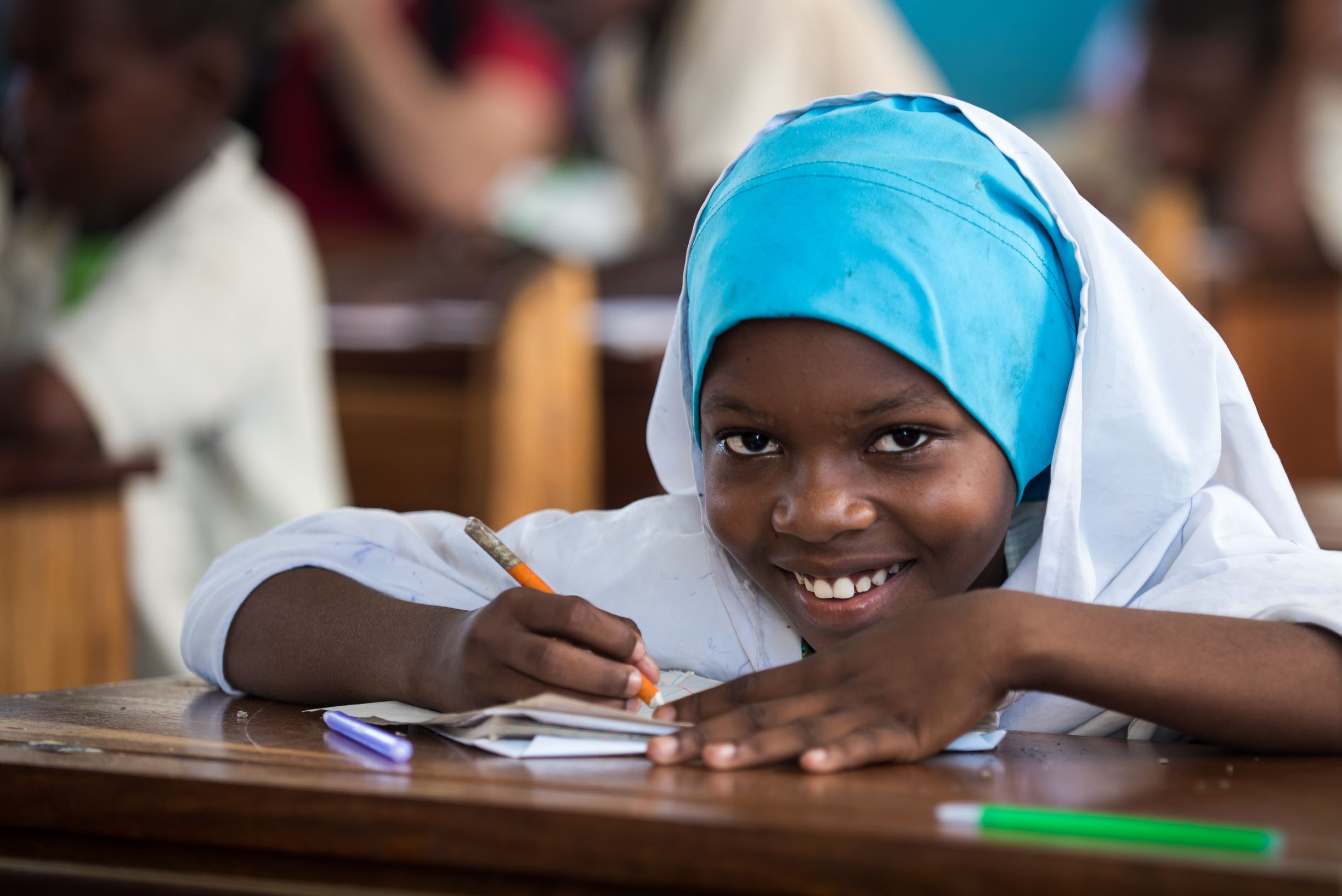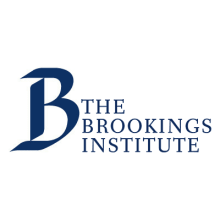
You don’t have to look far to find mentions of “adaptive learning” or “multistakeholder collaboration” in the global education sector. Donors typically ask for the programs they fund to be adaptive and collaborative, implementers try to embrace flexible and inclusive approaches, and researchers tinker to learn about the most effective ways to do these things. But what do they look like in practice?
A new way of working
To address this question, the Center for Universal Education (CUE) at the Brookings Institution, in collaboration with local institutions around the world, set out to develop an innovative participatory research approach: the Real-time Scaling Labs (RTSLs). An RTSL is a process to document, learn from, and support scaling efforts by bringing together “non-usual suspects” over a multiyear period to plan for the scaling process, discuss and reflect on key challenges or opportunities as they arise, and implement course corrections based on data and insights.
The scaling labs are structured spaces for key stakeholders to roll up their sleeves and dive into the complex, messy business of scaling—adding texture to the idea of an adaptive, multistakeholder learning process. It involves linking people and sectors within countries that might not be used to working together to explore collective solutions to shared challenges. Labs can be established and led by a variety of institutions—NGOs, government ministries, or private-sector enterprises could all take this on—and the beauty of the labs is that they can be tailored to different contexts in ways that make sense for the people working there. Though there are common features across the labs and a general set of steps to take, many of the important details are best left to the good instincts of those on the ground.
Applying an RTSL to support marginalized girls in Tanzania
Since 2018, CUE has partnered with CAMFED Tanzania to implement an RTSL to expand and deepen the impact of CAMFED’s Learner Guide Program, an initiative that promotes life-skills development and creates pathways to employment and further education for marginalized girls transitioning from secondary school. Lab members include representatives from the Ministry of Education, Science, and Technology (MoEST) and the President’s Office-Regional Administration and Local Government (PO-RALG)—the two main bodies responsible for education service delivery in Tanzania. Beyond government, the RTSL has also brought together civil-society representatives, teachers and school leaders, and members of CAMFED’s National Advisory Council to explore how core elements of the Learner Guide Program could be integrated within the existing government system.
Over a three-year period, the lab has been shaped into a structure well-suited for the Tanzanian context. Subcommittees were formed among smaller groups of lab members so that they could draw on their individual expertise to investigate thematic issues related to the Learner Guide scaling process. These groups of experts have analyzed how key components of the program, such as the “My Better World” life skills materials, or microloans provided to Learner Guides, could be adapted or integrated within the existing government system. Lab members have contributed to the development of costed scaling strategies that help the Tanzanian government and CAMFED understand how and why program costs could shift if leadership of the program is transferred to the government. CAMFED Tanzania is currently working with their colleagues in Zambia and Zimbabwe to adapt and implement RTSLs in those countries too.
In addition to the Tanzania RTSL, CUE and local partner institutions have implemented RTSLs to support the scaling of education initiatives in other countries: Botswana, Cote d’Ivoire, Jordan (two labs), and the Philippines. These experiences have surfaced valuable insights about key scaling principles and how they manifest in different contexts. Through this work, CUE has analyzed how the RTSL has added value to the scaling process—and where it could be strengthened—and has used these insights and experiences to develop “Real-time Scaling Lab Guidelines” that others can use to implement their own RTSL.
Using the guidelines
While education actors should adapt the RTSL to meet their needs, CUE recommends following these key steps from the guidelines to implement an RTSL:
- Clarify the problem to be addressed. The institution(s) initiating the RTSL should begin by identifying an evidence-based education initiative in the process of scaling as the focus of lab activities and research. While the lab supports and documents the process of scaling a particular initiative, the goal of the lab is to sustainably address a problem in the local context. This early stage of the lab process also involves conducting background research to gain a nuanced understanding of the country context, government priorities, and key stakeholders to involve.
- Determine lab structure and identify key personnel. Labs can be established as a standalone structure or integrated within an existing one (such as a ministry working group or standing committee). Regardless of where the lab is “housed,” a manager should be identified to provide overall leadership of the process, and a researcher tasked with documenting the scaling journey. This documentation will serve as the basis for the group’s adaptive learning process. Finally, lab members are identified – the number can vary based on the initiative and context, but the lab group should include diverse actors representing different sectors who are involved with the initiative.
- Develop and refine scaling strategy. Under the leadership of the manager and researcher, lab members articulate a shared scaling goal, develop a scaling strategy, and then put the strategy into practice, collecting and analyzing data and information as the process moves along. In the spirit of continuous improvement, lab members should test adaptations to the scaling model or approach, and make strategic decisions based on emerging insights.
- Reflect and learn through periodic gatherings. A central feature of the lab process is regularly coming together to openly discuss and reflect on the scaling process—what is going well and what could be improved—and proposing adjustments in the scaling strategy that address challenges and take advantage of windows of opportunity. The COVID-19 pandemic has reinforced the need for flexible adaptation that responds to changing environments. It has also ushered in new ways of collaborating and working together. While the exact structure and rhythm of these gatherings can differ, the ongoing examination of the scaling process based on new data and changes in the broader environment is essential.
CUE hopes this guidance can support other education actors working to bring about large-scale, sustainable impact in education systems. While concepts such as adaptive learning seem straightforward, they can be tricky to apply. The experiences of the RTSLs have offered an effective way to bring folks together for iterative, collective learning. We welcome readers’ questions, feedback, and reflections.


